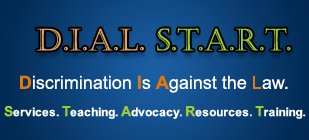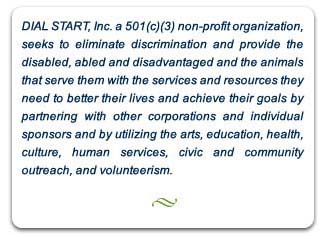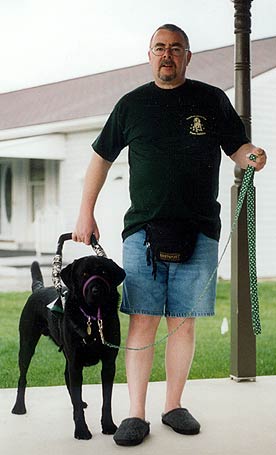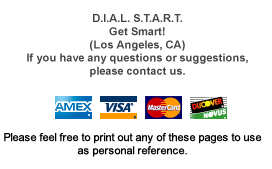
The Original Service
Animal Rights Advocacy Group
“Our goal at D.I.A.L. S.T.A.R.T., Inc. is to educate and inform the public about service animal rights in a positive way. I encourage you to print out the pages regarding legal and civil rights and other issues and to hand them out to people who may not know what service animals do, who and how they help and what everyone’s rights are, “ says founder Fayr Barkley.
“We do not advocate or condone violence, vandalism or other angry and negative methods of getting our message out to the public. We understand that people have a genuine interest in what service/therapy and companion animals are and what they do. The public—business owners and employers—also want to know what their rights are under the law. We at D.I.A.L. S.T.A.R.T., Inc. hope to address questions and concerns through our website pages and bring about acceptance and understanding to the disabled/elderly and the general public.”
“We appreciate your questions, comments and suggestions. Your donations are vital and allow us to continue to provide pro bono services to disabled adults, children and the elderly".



Service Animal Etiquette
-
If you see someone who has a “working” or “service” animal with him (or her), you can ask, “Is it a working animal?”


Please don’t ask what the animal does for us or what is “wrong” with us medically that requires us to have a working/service animal. First of all, it is against the Americans with Disabilities Act to ask what our disability is and how our animal serves us. (See page: Disabled Persons Civil Rights). Secondly, it is impolite. Our medical condition and history is something we don’t feel comfortable discussing with people we don’t know. Remember, a person can be legally disabled and not look disabled. There are visible and non visible disabilities. (See page: About Us.)

You are the visitor: